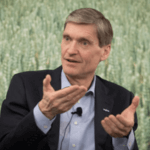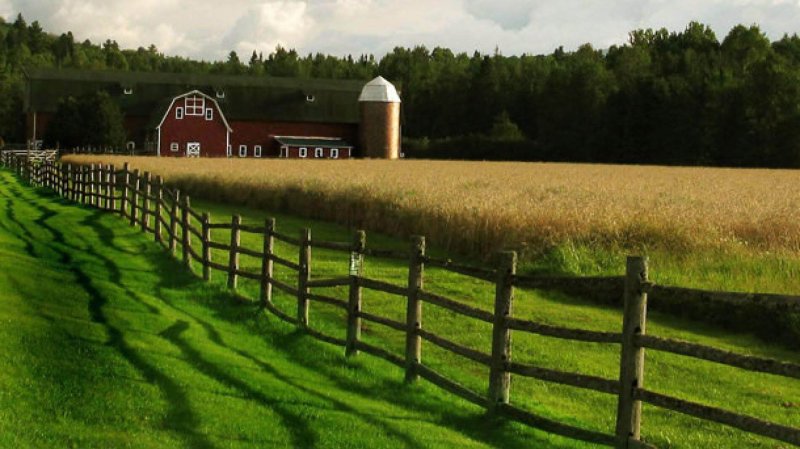[Syngenta chief executive Eryk Fyrwald] suggested neonicotinoid pesticides were not as dangerous as was being suggested.
While France has confirmed its plans to ban the products from 2018 and the EU Commission will debate the matter in the autumn, the Syngenta chief said that “when you look at the data, we believe pesticides have very little impact on bees, on the health of bee colonies.”
…

While Syngenta also makes organic pesticides and fertilizers, Fyrwald fired off some criticism at the organic sector, saying it uses “more land… more water and makes more (greenhouse gases) per unit of food, because it’s lower yield.”
“Why don’t NGOs look at organic pesticides and decide which ones are good and which ones are bad? Why are they not examined?,” he asked.
Fyrwald questioned the use of copper, for example, as a fungicide in organic farming.
“Copper is a heavy metal. You put a lot of metal in the soil, is that good for the soil? Is that good for the consumer? For the farmer? I don’t know,” the CEO said.
“All I am saying is that the regulators have to look at all technologies and decide what is really sustainable.”
The GLP aggregated and excerpted this article to reflect the diversity of news, opinion and analysis. Read full, original post: Syngenta chief calls for debate on ‘sustainable agriculture’































